Apple partner TSMC considers building powerful new chipsets in the U.S.
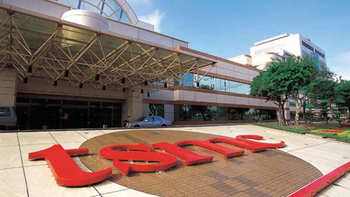
Taiwan Semiconductor Manufacturing Company (TSMC) is the largest independent foundry in the world. This means that it manufactures chips designed by companies that do not own facilities to fabricate their own chips. Well known tech giants like Apple and Huawei have their integrated circuits produced by TSMC and you might be surprised to learn that Qualcomm and MediaTek rely on TSMC to produce their components.
Considering that it does manufacture the Kirin chipsets designed by Huawei's HiSilicon unit which are used on Huawei's phones, you'd expect TSMC to get caught up in both the U.S.-China trade war and the Trump administration's "bullying" (for lack of a better word) of Huawei. Last November, the Taiwan government was forced to deny a report that said the Trump administration was pressuring it to force TSMC to stop manufacturing chips for Huawei. Now, the Nikkei Asian Review is reporting that the U.S. government wants TSMC to build a new factory in the states. The report cites two sources who say that the idea is under active consideration by the company.
A TSMC factory built in the U.S. would produce powerful 2nm chipsets according to sources
The sources added that the factory would be cutting edge and would produce chips more advanced than the 5nm components TSMC will churn out as soon as next month. The 5nm process node refers to the number of transistors that can fit into an integrated circuit. As the process numbers go down, the transistor density rises which means that newer chips are packed with more transistors; this makes these ICs more powerful while consuming less energy. For example, the 7nm Apple A13 Bionic SoC contains 8.5 billion transistors; the A14 Bionic, expected to launch with this fall's 5G 2020 iPhone models, are each expected to be packed with 15 billion transistors. Besides Apple, Huawei is expected to have a 5nm chip made by TSMC ready this fall for the Mate 40 series. Huawei is TSMC's second-largest customer after Apple and accounted for 10% of TSMC's annual revenue (which came to $35.7 billion in 2019).
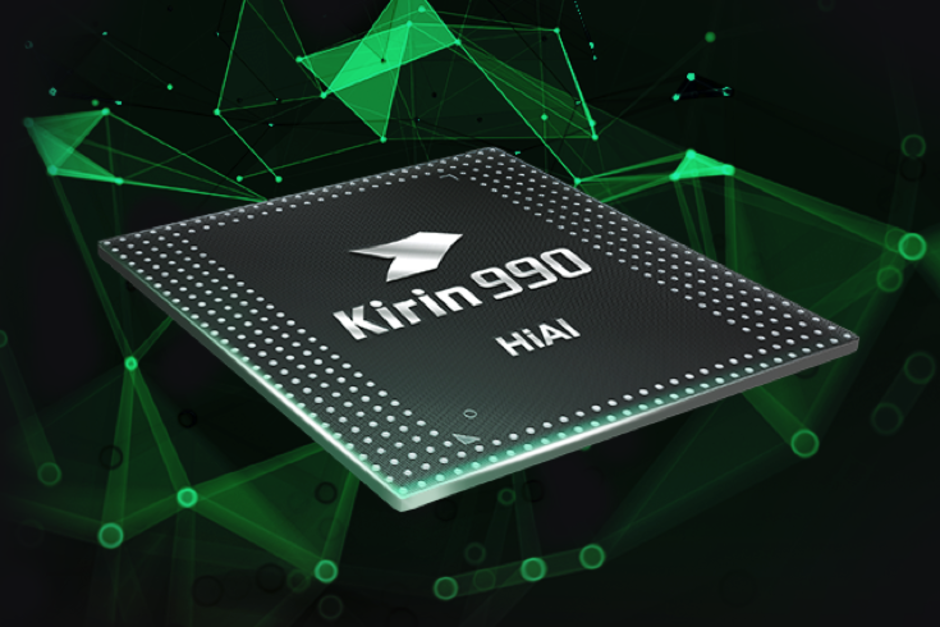
TSMC manufacturers Huawei's current 7nm flagship Kirin 990 5G chipset
If the sources are correct, the U.S. facility would be able to produce 2nm chips; TSMC and its rival Samsung both have roadmaps taking production down to 3nm starting in 2022-2023. As a result, TSMC's U.S. factory might not be ready to spit out chips until 2024-2025. The report says that the Trump administration is pressuring TSMC to announce a U.S. plant before this November's presidential election. It also notes that several factors could result in TSMC deciding not to build a U.S. factory. Another source says that the costs to build a 3nm factory in the states would be prohibitive. The company spent over $24 billion for research & development and actual construction costs on its 5nm facility in Taiwan.
Besides its concerns about Huawei's ties to the communist Chinese government, the U.S. is worried because TSMC manufacturers chips used on U.S. F-35 fighter jets. The administration would prefer to see these components produced in the states. And if TSMC does build a U.S. factory, it apparently will be located on the West Coast where it would be closer to suppliers and customers. Another source summed up why the West Coast would be favored when she said, "there are more suppliers and more talent compared with the East Coast." The company already has a facility in Washington state that was opened in 1998.
TSMC chairman Mark Liu said earlier this year that when it comes to building a facility in the U.S., "We have been studying it continuously. And that decision is made to the best interests of our customers. Yes, the geopolitical [condition] is evolving, but we still listen to our customers as the priority." Yesterday, company spokesperson Nina Kao responded to the speculation about a factory in the states by stating, "TSMC has never ruled out building or acquiring a fab [chip plant] in the United States, but currently there is no concrete plan. It all depends on customers' needs."

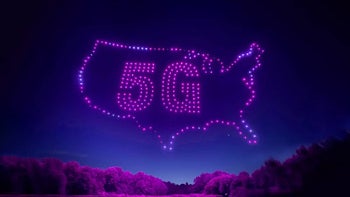
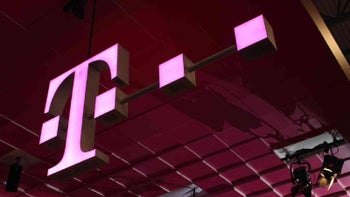
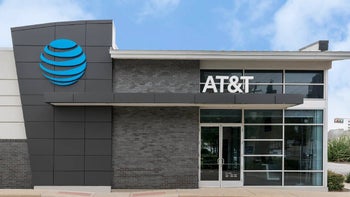
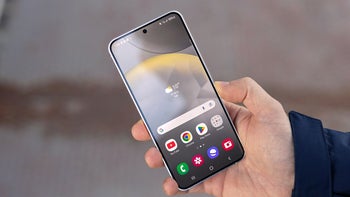
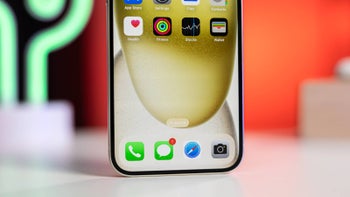
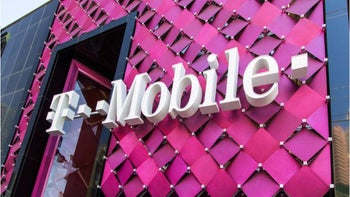


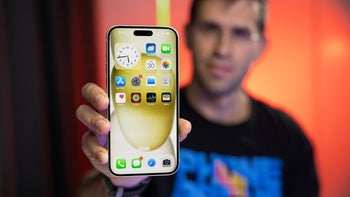



Things that are NOT allowed: